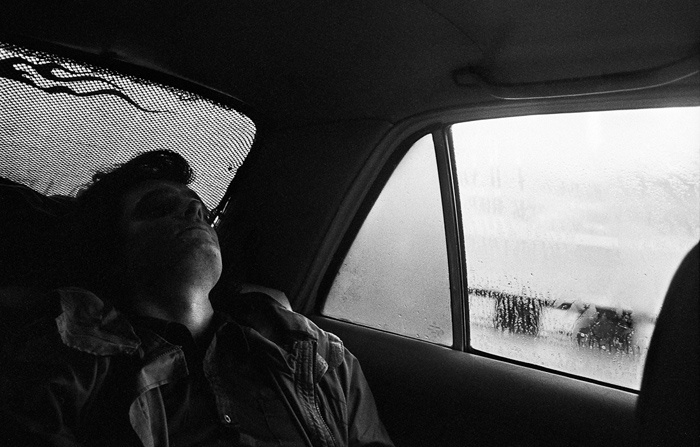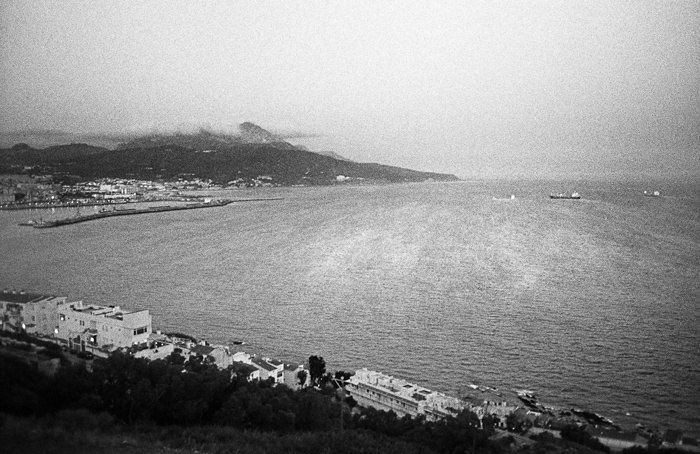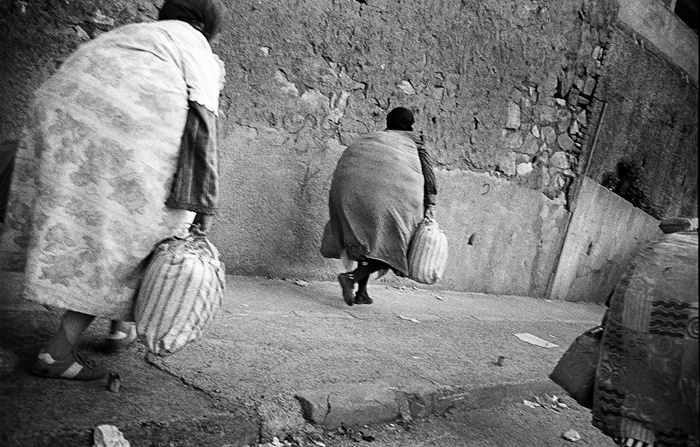Version:1.0 StartHTML:0000000167 EndHTML:0000003533 StartFragment:0000000454 EndFragment:0000003517
Ceuta is a reflection in the waters of the Strait of Gibraltar of a law-and-order centric, closed and mercantile Europe. Surrounded by a high security fence, it looks like a trap in which migrant Moroccans and Spaniards seem stuck waiting for promises of better days...
In the extreme south of Europe, Ceuta (Sebta in Arabic), a Spanish enclave in Morocco territory, is the gateway from Europe to Africa located 17 km away from the other pillar of Hercules: Gibraltar.
The border looks very impressive but it is not so tight. Many potential immigrants cross it expecting to find here an entry to Europe. But without proper documents no job can be found and it is impossible to travel... then begins for those people a long multi-year waiting period in these few 20 km2.
In the other direction all kinds of goods enter to feed the Moroccan market. Ceuta as a Free Zone, and tax haven, is also the realm of small business and financial settlements. A trade tolerated by the authorities, because it makes the fortune of the Spanish community, is organized with the Moroccan border. Goods are moving on the back of Moroccan women, real mules.
72,000 people live in this so special city. "La convivencia", a declared policy of coexistence between the four dominant communities (Hindu, Jewish, Christian and Muslim) is now a reality in the workplace but does not seem to be so harmonious a coexistence. The Muslim community is the largest in number but is particularly affected by unemployment, underperforming at school, and housing problems.
The Francoist past of the city is visible through some monuments still present despite the law ordering their destruction ... but if at Ceuta, the police, army, customs are everywhere, the law is often a matter of small arrangements .












































